Conventional wisdom suggests that, if you get a slew of Oscar nominations, you’re bound to also sweep the eventual awards show in terms of wins. Just look at Titanic securing 11 Oscar wins after getting 14 Oscar nominations, or The Lord of the Rings: The Return of the King winning all 11 of the Oscars it was nominated for. Don’t forget about Forrest Gump securing six Oscar wins after grabbing 13 nominations or Ben-Hur winning 11 of the 12 Oscars it was nominated for. Typically, a multitude of Oscar nominations is a surefire harbinger of also getting a ton of Oscar wins.
Videos by ComicBook.com
However, what about those rare features that got ten or more Oscar nominations but only ended up winning a single Oscar? This is a rare phenomenon in which a movie has enough love to get into double-digit Oscar nominee territory, yet not quite enough momentum to win more than a solitary Oscar. The films that have experienced this phenomenon over the years vary wildly in genre and tone. However, they’re all bound together by how many Oscars they ended up winning after dominating the nominations.
Tootsie
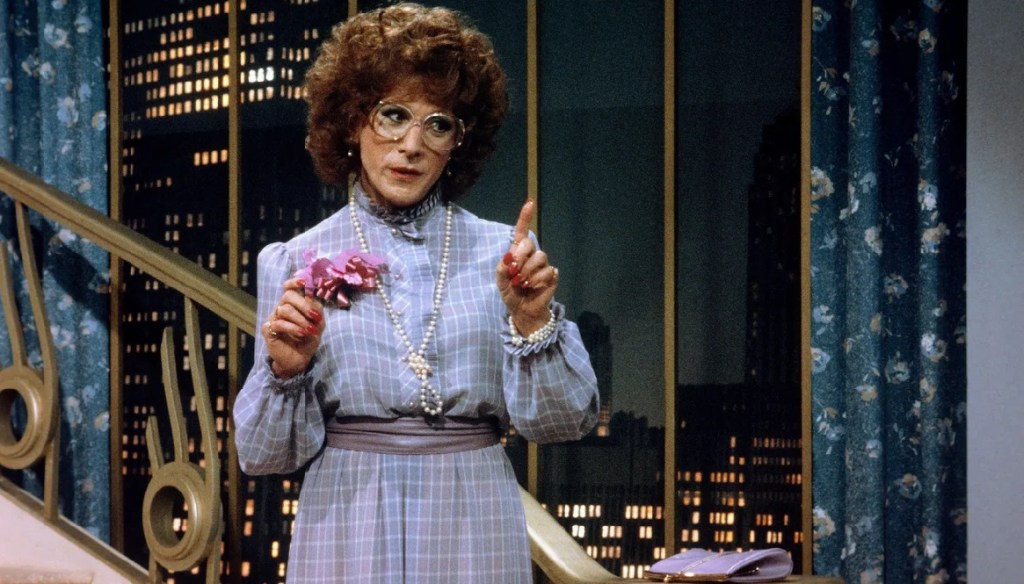
Ever since he headlined 1967’s The Graduate (which won Mike Nichols the Best Director Oscar), Hoffman was constantly associated with award season darlings, including the Best Picture winner Kramer vs. Kramer. The 1982 Sydney Pollack feature Tootsie continued this trend with a whopping ten nominations, including ones for Best Actor, Best Director and Best Picture. Tootsie also scored two Best Supporting Actress nominations for Teri Garr and Jessica Lange, The latter performer was victorious in the category that year, in the process securing Tootsie its sole Oscar win despite so many nominations. Not even Hoffman’s presence could get it more victories!
Airport
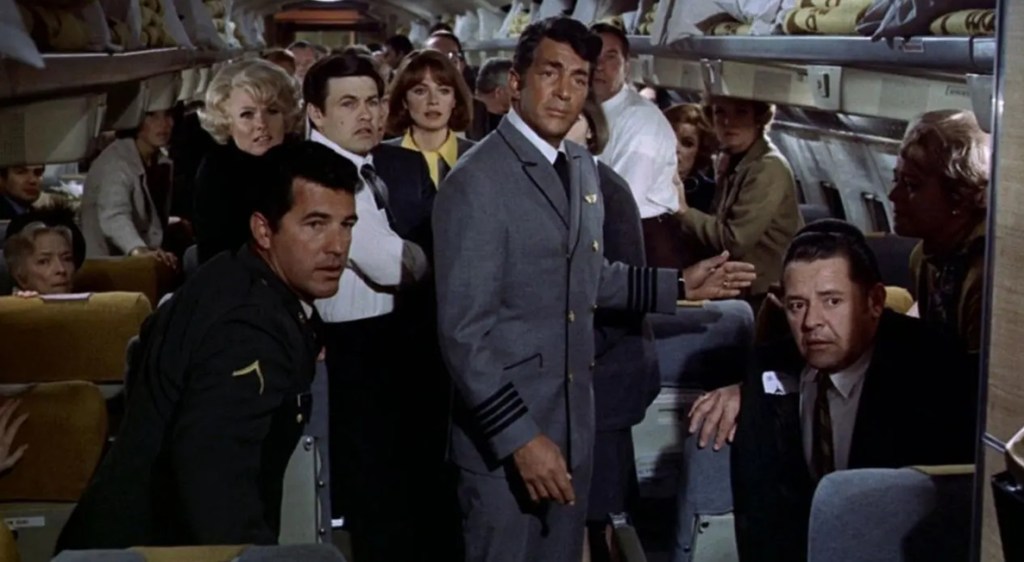
A disaster movie scoring 10 Oscar nominations? Trying to comprehend modern equivalents to Airport like San Andreas or Moonfall getting so much Oscar love is impossible, but back at the dawn of the 1970s, this disaster movie hit did indeed get 10 Oscar nods. That included a Best Picture nomination and two Best Supporting Actress nominations. It was in the latter category that theatre legend Helen Hayes won Airport’s sole Oscar. Though Airport dominated in the technical categories in terms of nominations, war movies like Tora! Tora! Tora! and Patton ended up coming out on top in wins.
Giant
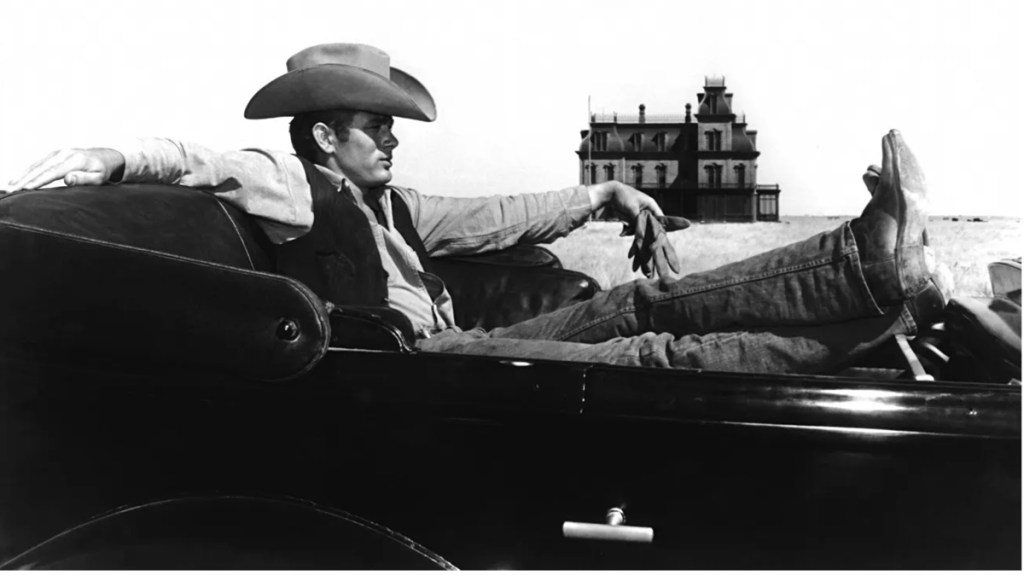
Giant was an appropriate name for this George Stevens epic, considering its eventually enormous pop culture reputation even beyond being James Dean’s last star vehicle. Even back in the day, Giant was acclaimed enough to secure ten Oscar nominations. It would only win one, though it was in the Best Director category for George Stevens. This marked the second Best Director Oscar win for the legendary filmmaker, putting him among the esteemed few individuals to win multiple Best Director Oscars.
The Favourite
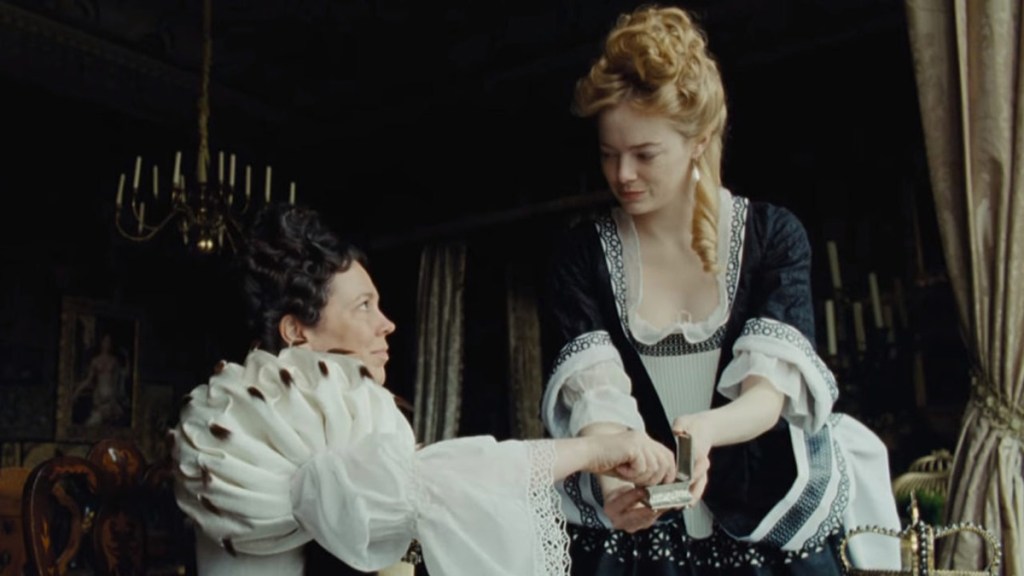
Olivia Colman’s shock and awe at winning the Best Actress Oscar for The Favourite resulted in one of the all-time great Oscar acceptance speeches. It was also a victory that marked the only Oscar win for this Yorgos Lanthimos directorial effort that fateful night despite this unorthodox take on the period piece costume drama scoring ten Oscar nominations. At the 91st Academy Awards, the technical categories, where The Favourite could’ve secured more love, were dominated by Black Panther’s achievements. At least Colman gave a speech for the ages!
Anne of the Thousand Days
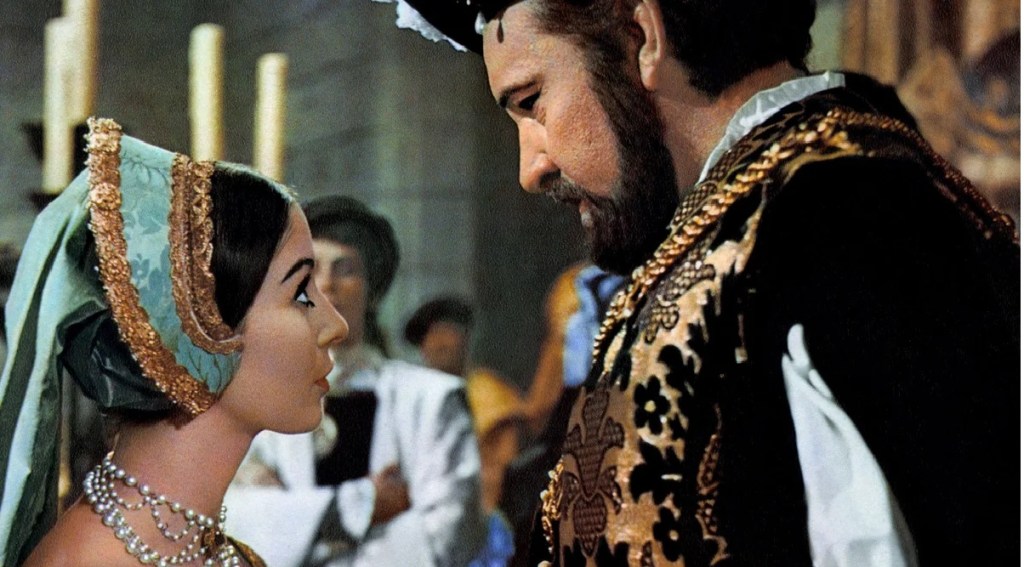
Arriving at the end of 1969, the historical drama Anne of the Thousand Days was an anachronism, a weird throwback movie in a year dominated by transgressive post-Hays Code films like Bob & Carol & Ted & Alice, Midnight Cowboy, and Easy Rider. It received negative reviews from critics, but still scored ten Oscar nominations at the 42nd Academy Awards. Though it got nominated in Best Picture and three of the four acting categories, its only win would be in Best Costume Design.
Mr. Smith Goes to Washington
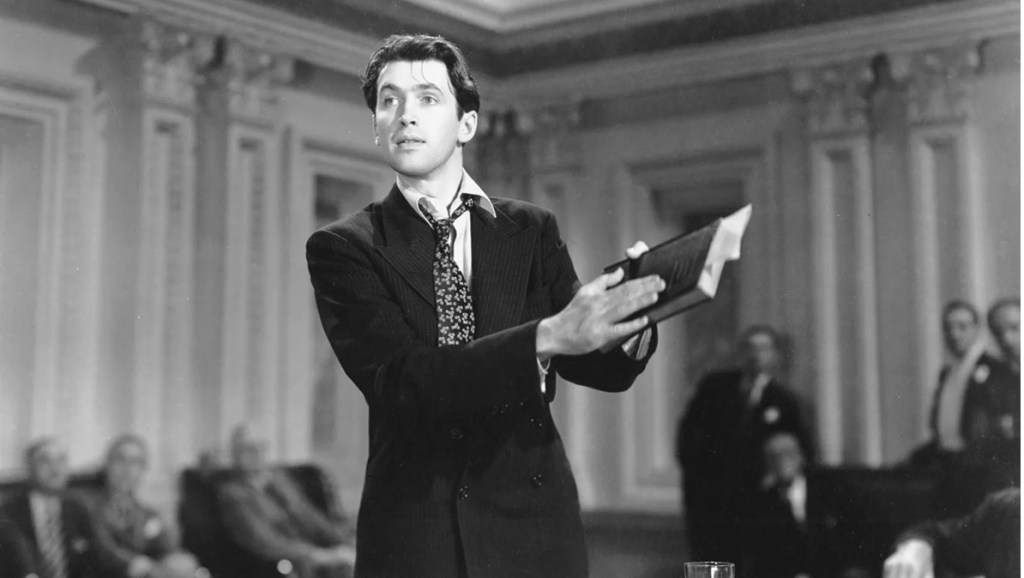
Today, Mr. Smith Goes to Washington is one of the famous American movies of the 1930s. Its climactic filibuster scene is still referenced in modern media and Jimmy Stewart’s performance endures adorned with reverence. It’s not surprising to hear that it secured 11 Oscar nominations back in the day. However, competing with Oscar juggernauts The Wizard of Oz and Gone with the Wind, Mr. Smith Goes to Washington couldn’t secure more than one Oscar win. Screenwriter Lewis R. Foster would receive Mr. Smith’s sole Oscar for Best Writing, Original Story, a category that would later be discontinued.
[RELATED: The Oscars: Modern Best Picture Nominees That Received The Smallest Number of Overall Nominations]
Pride of the Yankees
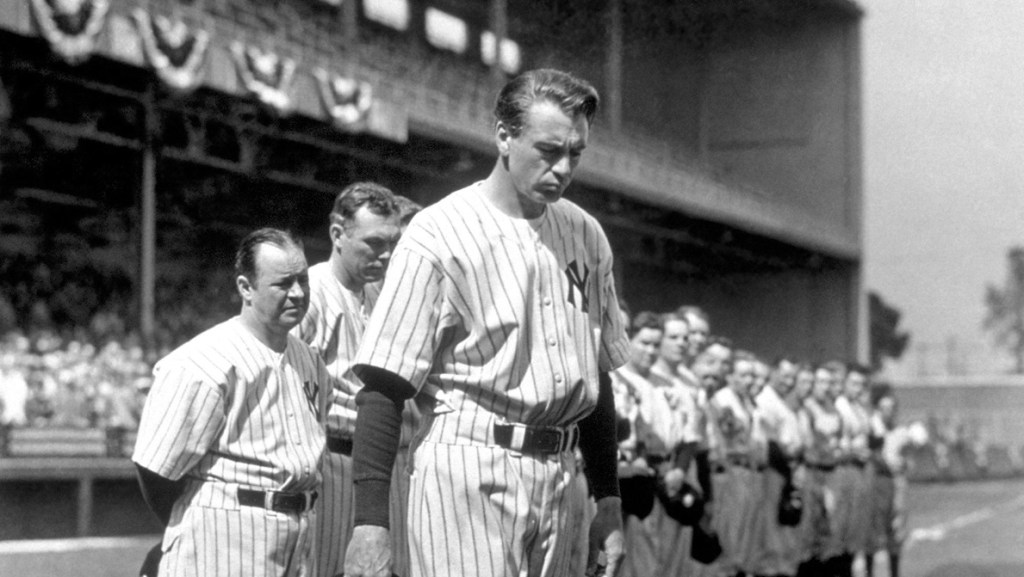
The Pride of the Yankees, a cinematic homage to Lou Gehrig starring Gary Cooper, scored the second-most number of nominations at the 15th Academy Awards with 11 nods, only behind Mrs. Miniver’s 12 nominations. Though that number of nominations seemed to be setting the film to hit countless award season home runs during the eventual ceremony, The Pride of the Yankees only won in Best Editing. At least that was better than striking out entirely after scoring 11 nominations.
Chinatown
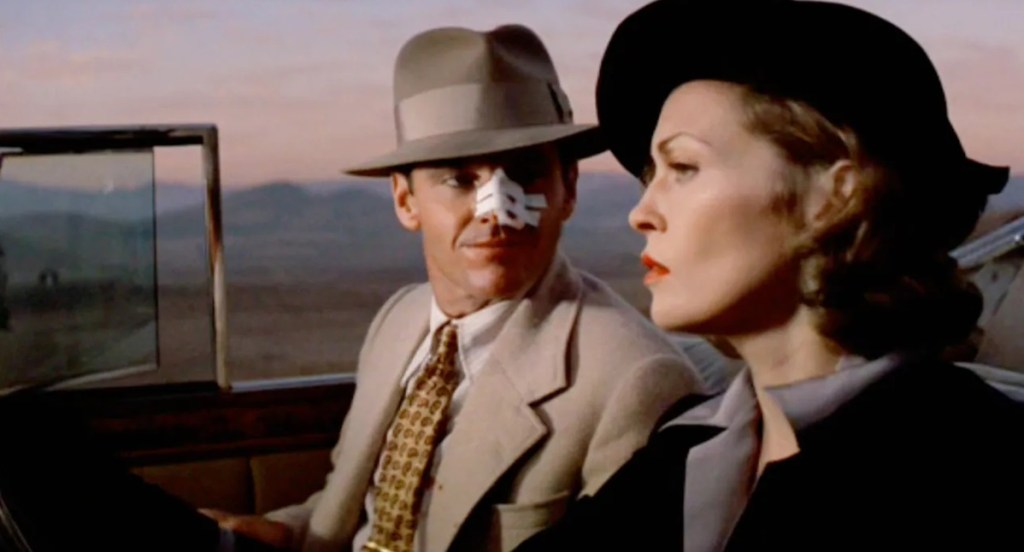
1974’s bleak neo-noir Chinatown was all over the Oscar nominations at the 47th Academy Awards with a towering 11 nominations. Given that it’d won in categories like Best Director or Best Actor at major Oscar precursor ceremonies like the National Society of Film Critics Awards and the BAFTA’s, it wasn’t inconceivable Chinatown could also dominate that year’s Oscars. In the end, it would only win a solitary Oscar in Best Original Screenplay for Robert Towne. The Godfather: Part II, which also scored 11 nods that year, was just unstoppable in key categories like Best Picture and Best Original Dramatic Score. Forget it Jake, it’s the unpredictability of the Oscars!
Becket
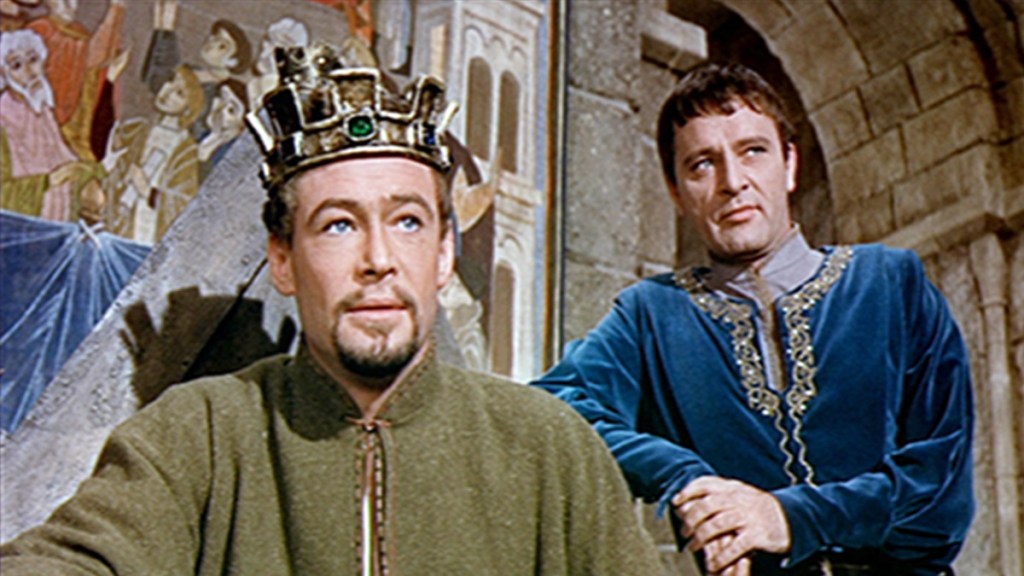
1964 historical drama Becket, like so many period pieces full of lavish costumes and sets, had no trouble racking up lots of Oscar nominations. It managed a whopping 12 Oscar nominations at the 37th Academy Awards, though it wasn’t the only feature to hit double-digit Oscar nominations that year. Mary Poppins (13 nominations) and My Fair Lady (12 nominations) would translate their outstanding nomination hauls into five and eight Oscar wins, respectively. Becket, meanwhile, only won in Best Screenplay – Based on Material from Another Medium. This project was also the second of eight times poor Peter O’Toole would lose the Best Actor Oscar category in his esteemed career.
Johnny Belinda
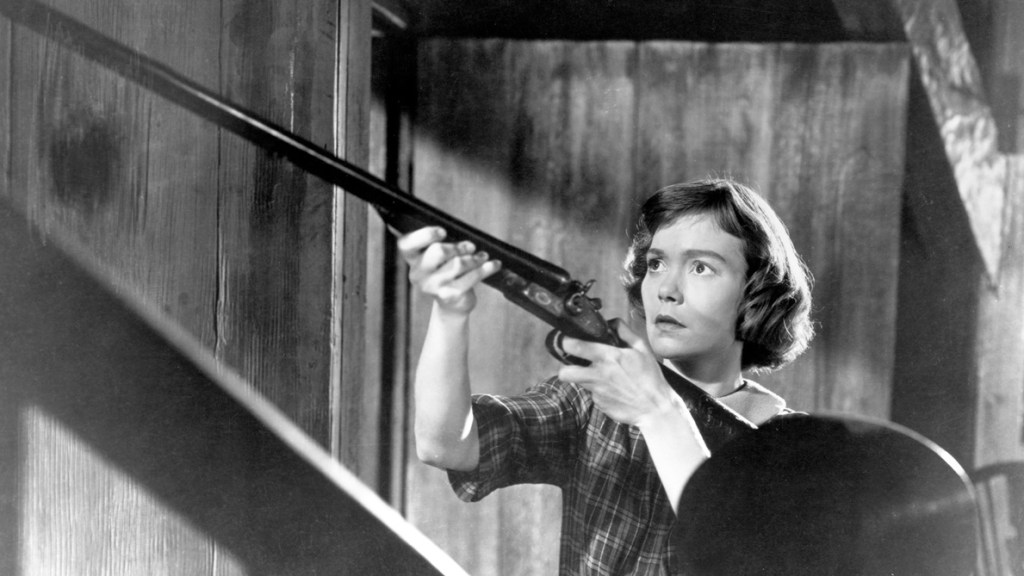
One of only three movies in history to score 12 or more Oscar nominations yet only win one Academy Award, 1948’s Johnny Belinda did get Jane Wyman a Best Actress statue. This film, about the horrors and lingering trauma after sexual trauma, hinged entirely on Wyman’s performance as the psychologically tormented Belinda MacDonald. This made it unsurprising that she was the sole Oscar winner for the project. Though Johnny Belinda had by far the most Oscar nominations of any movie at the 21st Academy Awards, that year belonged to Hamlet and The Treasure of the Sierra Madre among movies winning multiple Oscars.
The Power of the Dog
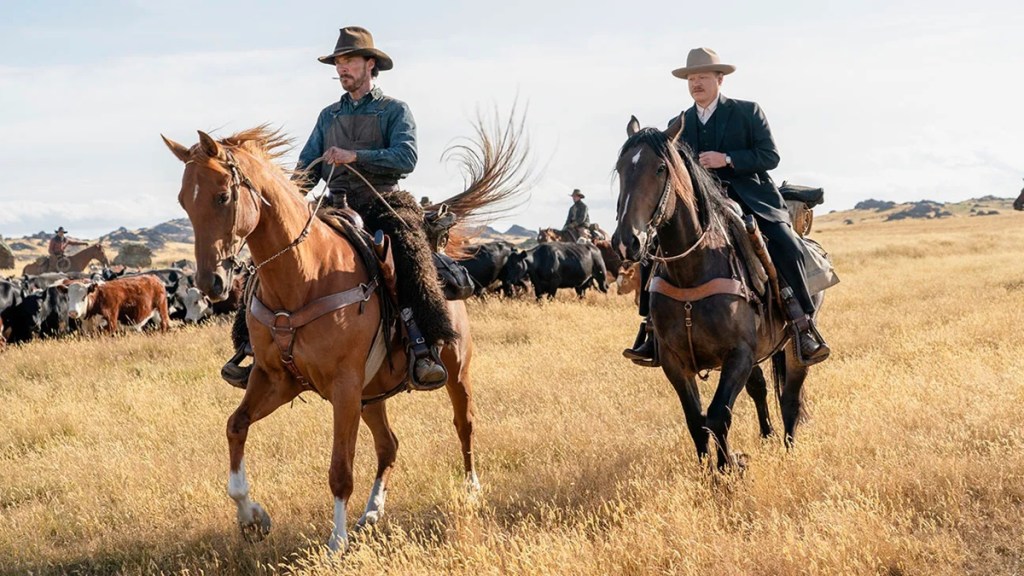
The Power of the Dog saddled up into the 94th Academy Awards with a whopping 12 Oscar nominations, putting it well ahead of any other 2021 feature in overall Oscar nominations. However, once the ceremony got underway, Dune took home various technical category Oscar wins The Power of the Dog could’ve secured. CODA, that year’s Best Picture winner, beat it out in key categories like Best Supporting Actor and Best Adapted Screenplay. The only place The Power of the Dog ended up winning was in the Best Director category. That was a fitting victory given that Dog helmer Jane Campion was the first woman in history to secure multiple Best Director Oscar nominations.
The Power of the Dog is now streaming on Netflix.








